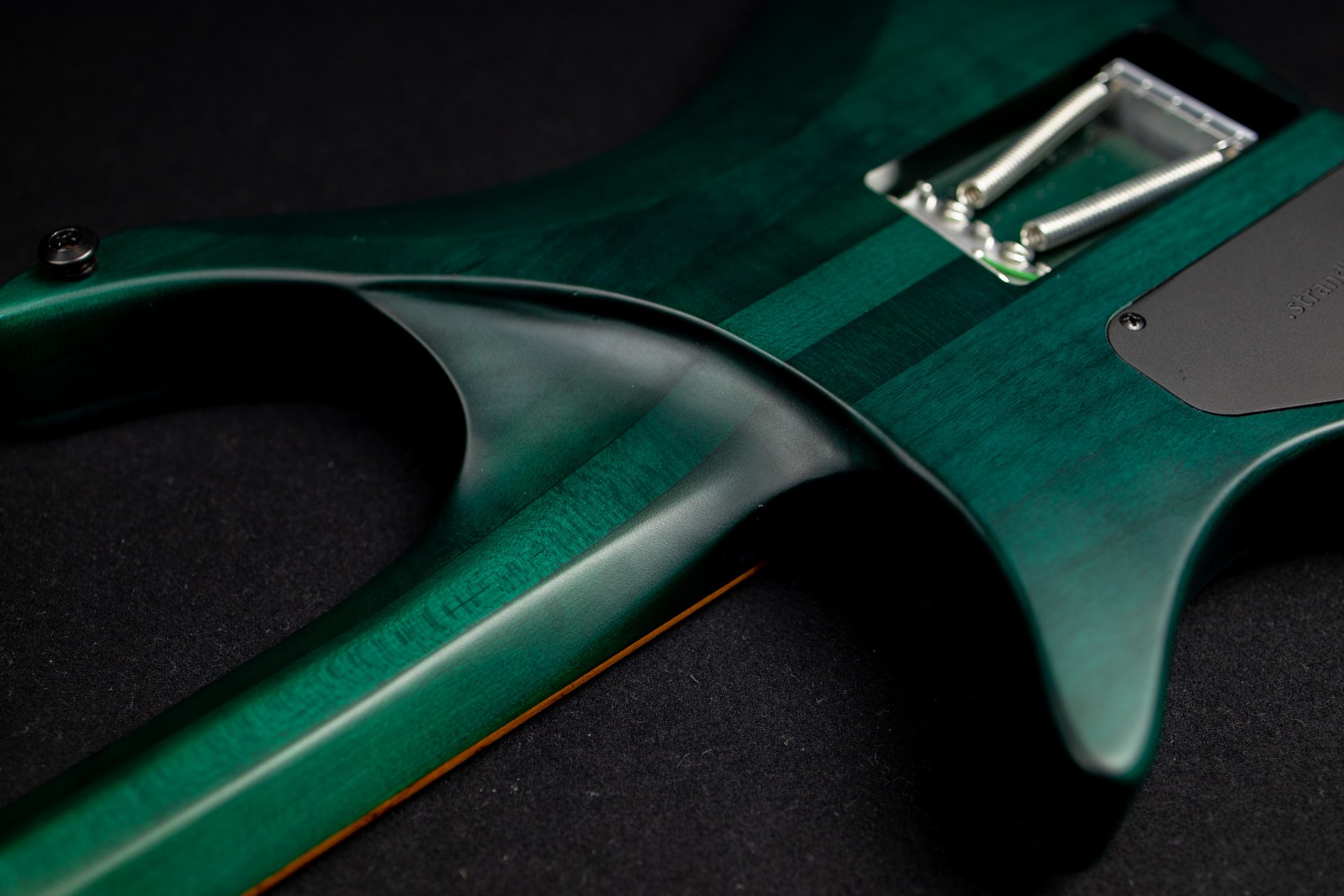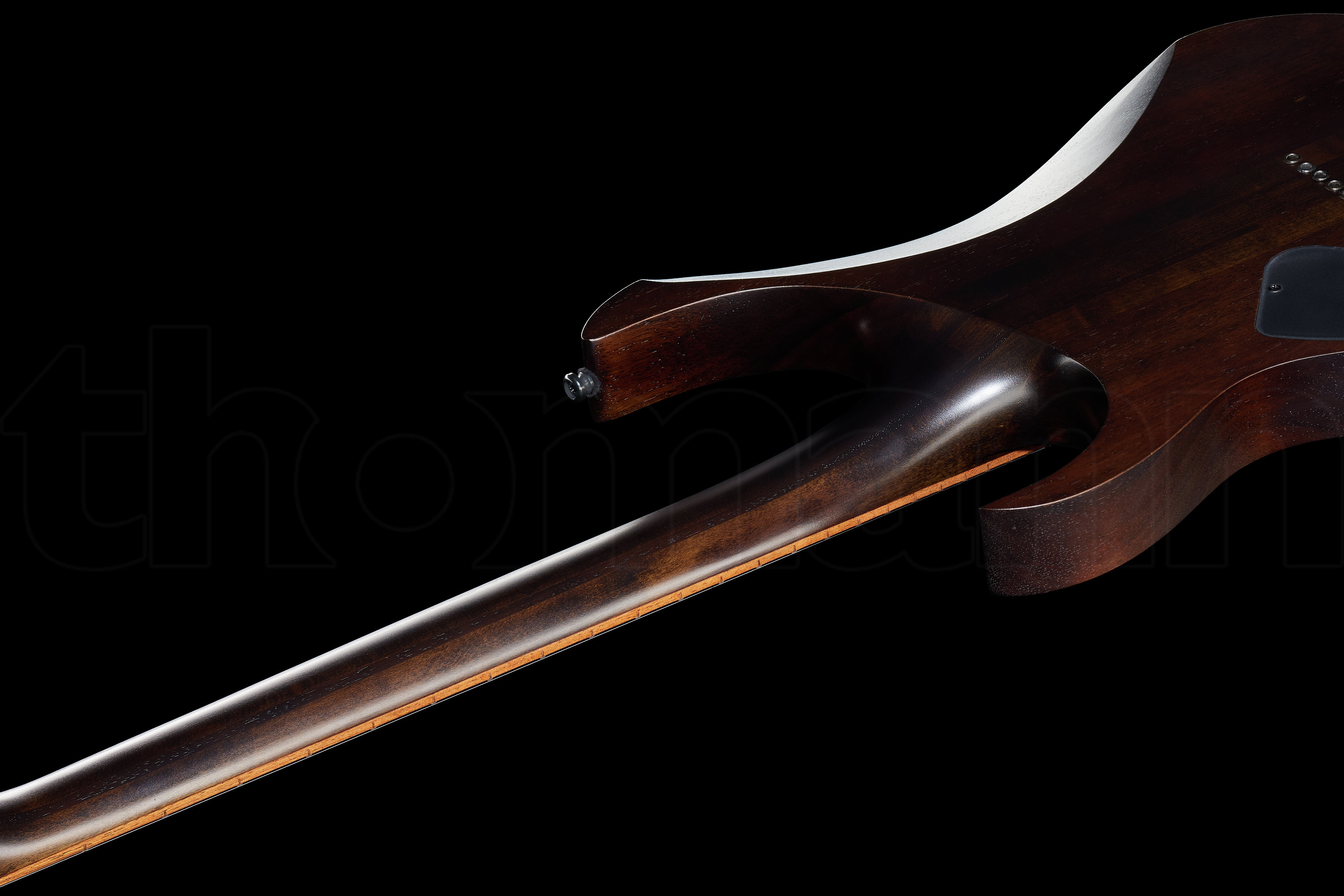Pat
Well-Known Member
I'd probably liken hollowbodies more to acoustics than solid body electrics - i.e. a slab of wood (like an electric guitar) is not going to be as affected by vibrations the same way a hollow piece of wood is, so tone woods for electrics don't really impact the sound - it's more to do with the rest of the rig.Based on this, I'm guessing you've never played a hollowbody electric with magnetic pickups. Body vibrations absolutely affect the sound.


